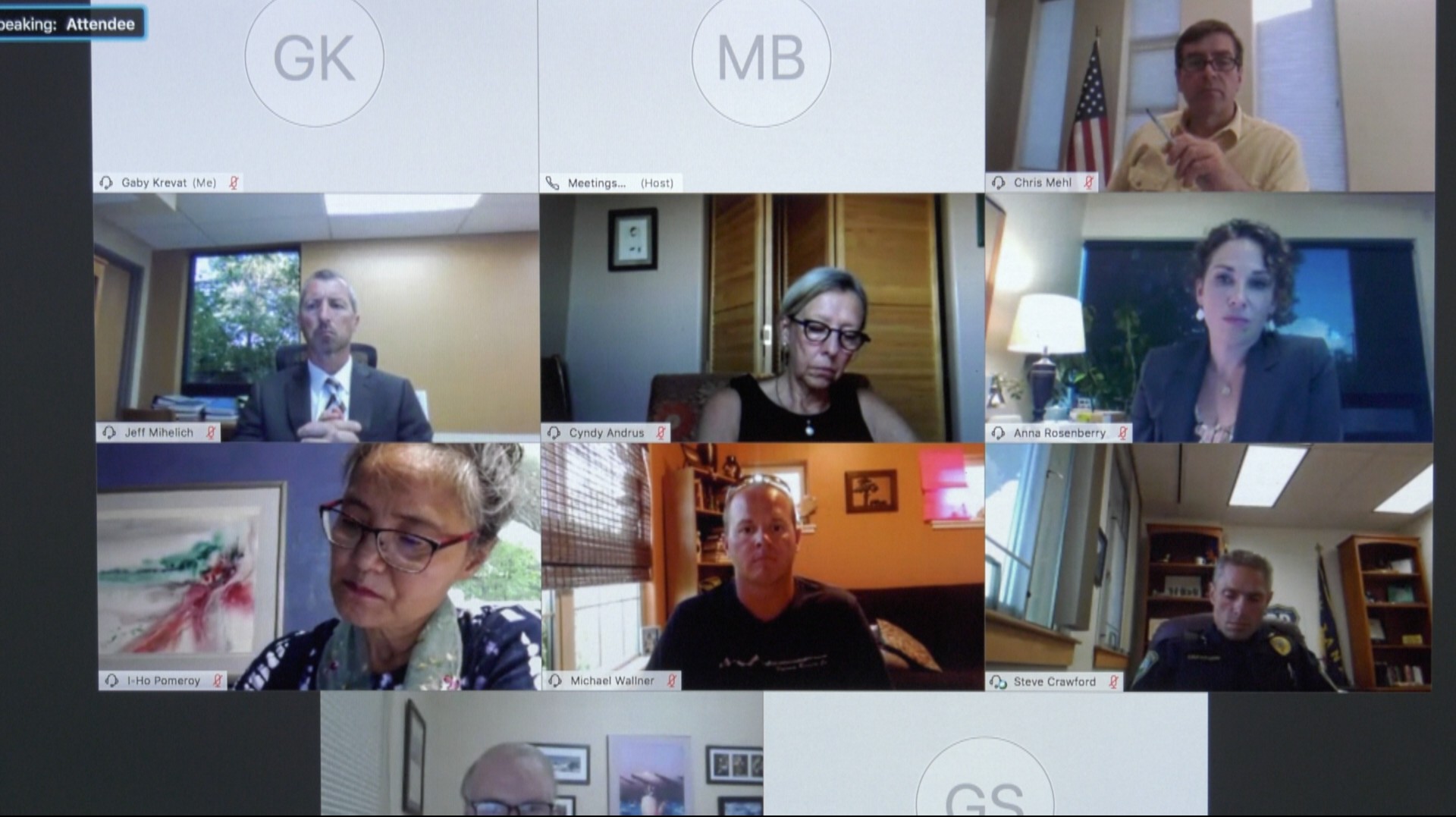BOZEMAN — The Bozeman City Commission meeting went late into the night on Monday, where discussions ranged from inclusivity to diversity to anti-discrimination policies across the city. One thing all city commissioners and the public could agree on was there’s plenty of work to be done.
Bozeman’s City Manager presented a list of action items with the goal of making Bozeman a more inclusive community.
But many members of the public had concerns about the report before actions could even be considered.
“The most problematic aspect of the report which was to my knowledge the complete lack of consultation of any black indigenous or people of color in our community,” said Benjamin Finnegin during the public comment period of the meeting.
Judith Heillman is the Executive Director of the Montana Racial Equity Project, the state’s only black-lead racial, equity and justice advocacy group.
Heilman said it’s impossible to even begin looking at how the city can become a more inclusive place when not a single person from the black, indigenous and people of the color community were consulted in the analysis of how the city is performing so far.
“The people who are looking to see how they could be more diverse, who are struggling to be more diverse, to begin with, it’s like doing your own investigation on yourself. And so there are bound to be holes,” said Hielman
Bozeman’s Mayor says he understands and supports the public’s passion and engagement, and says the analysis and presented action items are just the start of the conversation.
“In my mind, all the public engagement started last night. That’s what’s really important,” said Mayor Chris Mehl.
In the meeting, Bozeman’s City Manager presented 24 action items to help make Bozeman a more inclusive place.
Within the list of presented action items on Monday were requiring additional inclusivity training for city employees, supervisors, and commissioners and modifying hiring practices.
“Some of those key actions include pursuing additional and more frequent training on inclusion in the workplace and implicit bias for all employees, not just supervisors,” said Anne Rosenberg, an assistant city manager
Bozeman PD’s chief of police Steve Crawford also weighed in on Monday on how his department could improve as well.
“We’re recommending additional communication and de-escalation in our scenario-based in-service trainings. And we’re evaluating a number of training programs from vendors,” said Crawford.
Members of the public criticized Bozeman PD’s usage of the “8 Can’t Wait” model, which is a national de-escalation campaign to reduce the use of force.
“Often my colleagues have called out the flaws in the 8 Can’t Wait campaign. And I’d just like to point out that the reforms do look like they’re a step in the right direction, however they seem to be bandaids on a larger issue that needs to be modified,” said Logan Platt during public comment.
“They want a lot to happen and a lot should happen, but we’re just going to have to work with them on what we do when. With some reassurance that it’s all-important and we will do it all eventually,” said Chris Mehl.
Heilman says she appreciates the city of Bozeman recognizing there’s lots of work to be done but says the process must include people from the BIPOC community, from start to finish.
“If BIPOC are not consulted. Then nothing changes,” said Hielman.




